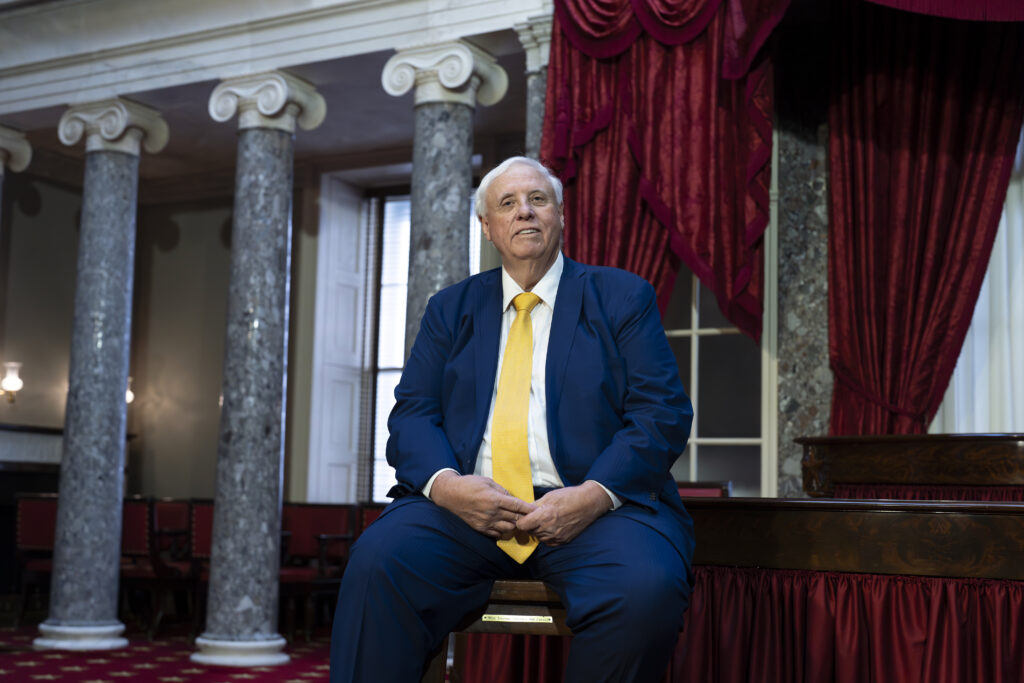8 W.Va. Sites Added To National Register Of Historic Places
Eight historic sites across West Virginia have been added to the National Register of Historic Places.
Continue Reading Take Me to More News
Late last month, the U.S. District Court for the Western District of Virginia issued a garnishment summons to U.S. Senator Jim Justice.
Last June, when Justice was still governor of West Virginia, the court ordered him to pay Western Surety, a Chicago-based insurance company, $3.2 million, plus $100,000 in interest.
Western Surety sued Justice and two of his companies in 2023, alleging breach of contract. The companies are Southern Coal and Bluestone Resources.
The court has now given Justice the option of paying the judgment, claiming an exemption or appearing in court in Harrisonburg, Virginia, on March 28.
The case is one of dozens involving Justice and his numerous companies – many coal-related – and tens of millions of dollars in debt.
West Virginia Public Broadcasting reached out to Justice’s Senate office for comment.
Earlier this month, a federal judge in eastern Kentucky imposed new penalties on a coal company owned by Justice.
Kentucky Fuel Corp. must pay a total of nearly $850,000 in attorney fees to plaintiff New London Tobacco Market, including nearly $650,000 over a judgment issued five years ago.
U.S. District Judge Gregory Van Tatenhove also increased a contempt fine against Jim Justice’s son, Jay Justice, and associate Stephen Ball, to $1,000 a day from $250 a day.
The original contempt order was issued after Jay Justice and Ball failed to comply with a 2021 discovery request from a federal magistrate judge.
Justice and Ball are also required to pay almost $200,000 in previously awarded attorney fees. The payment deadline was in October 2023, but the defendants claimed an inability to pay it.
This story was distributed by the Appalachia + Mid-South Newsroom, a collaboration between West Virginia Public Broadcasting, WPLN and WUOT in Tennessee, LPM, WEKU, WKMS and WKYU in Kentucky and NPR.